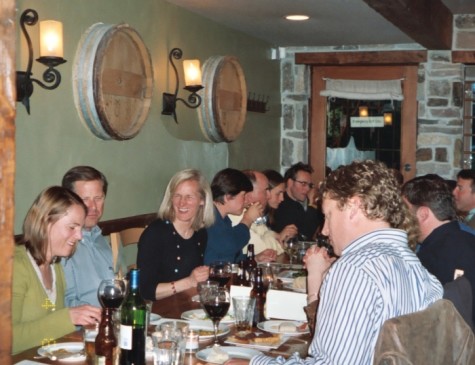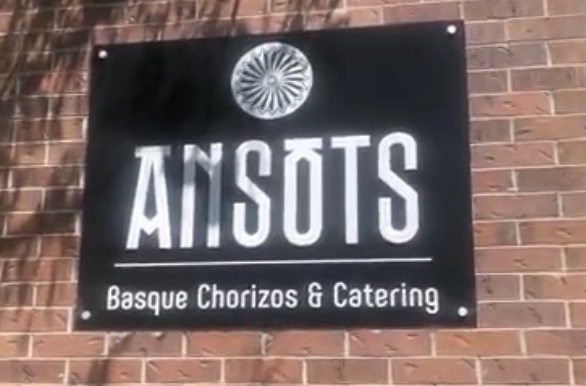Learning Basque: The Day of Euskara Has a Whole New Meaning
December 17, 2021
Why do Basques spend a whole day celebrating their language each year? This was a question I had before spending Dec. 3, Euskararen Eguna (Day of Euskara), studying at the Basque immersion school Maizpide Barnetegia in the Basque Country this year.
Being in a Basque-speaking learning environment seemed like a match made in heaven to celebrate and gain more insight into the how and why of Euskararen Eguna, and in a lot of ways, it was.
We spent our day singing Basque songs with children from the local ikastola (school taught solely in Basque), eating Basque food, drinking sagardoa (cider), talking about our favorite words in Euskara, dancing traditional dances like the fandangoa, arin-arin, and zazpi jauzi, and, in general, living life in Euskara.
Things that are a part of our daily routine at the barnetegi somehow felt more special that day. Even after leaving Maizpide that evening to start the weekend, I found myself at a bertsolari pintxo pote (bar hopping with bertsolaris) in Lizartza, a small town in Gipuzkoa, and was reminded of yet another way Euskara is used and celebrated frequently. It was a day full of joy and celebration of the Basque language and culture, and the excitement really caught me by surprise.
READ MORE Stories about Learning Euskera from Mikaela
A great book for English speakers learning Euskera
I remember hearing about celebrations about Euskararen Eguna year after year and, while I’ve always been proud of the Basque language to some degree because of my love of my Basque heritage, the day always seemed like a far-off celebration to me. I often felt like I was missing out on something. However, this year in which I am living in the Basque Country to learn the language, the day felt different in a lot of ways. It wasn’t just a moment to celebrate how old, complex, or unique the language is from a bird’s eye view, but also a day to celebrate the victories I’ve had in the past few months while studying Euskara intensively
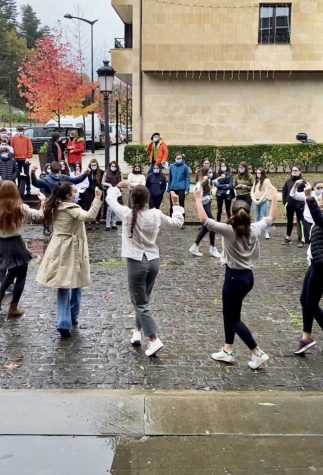
Beyond my own personal victories, I gained a new understanding of why Euskaldunak (Basque speakers) want so badly to celebrate, preserve, and share their ancient language, not only among themselves, but with the world. It really made me think about what I’ve learned about Euskara in the past few months outside of the grammatical concepts and vocabulary words. I concluded that if I walked away from the barnetegi today and set grammar and vocabulary aside, the biggest thing I would take with me would be my discovery of how beautiful Euskara is. It is a language full of challenging and unique grammatical elements, sure, but also full of beauty and logic in how words were formed, and full of insight into how the world functioned thousands of years ago when the language was being formed.
For example, one word that reveals how life worked many years ago is sukaldea (kitchen). This word is a combination of the words “su” or “fire” and “aldea” or “side,” so it literally translates to “the side with the fire.” This is a great representation of how Basque kitchens operated long before electricity or gas was used to cook food. Another one of my favorite words in Euskara is the word harremana (relationship). This word is a combination of the words “hartu “to take” and eman “to give.” The word “harremana” acknowledges the two most important elements that a relationship requires.
MORE ON LEARNING EUSKARA
A Basque-American’s Journey to Learn Euskara
Learning Basque – Why Immersion Works
Learning Basque with Videos and Songs
Learning More about the Basques
It was a great feeling to be able to participate so fully in the celebrations, even without having grown up in the Basque Country. I found myself dancing just as much or more than the other students at the school, many of whom have lived in the Basque Country their whole lives and comfortably singing songs that I’ve known for years. It reminded me that, while Euskara is a very important part of our culture and should be something we celebrate and try to learn a bit about, it is not the only way to celebrate the Basque culture, which at the end of the day is what brought us all together.
So, take this as encouragement to learn a few more words or phrases in Euskara. Maybe for you that will come in the form of a song, a recipe, or listening to a sports game announced in Euskara.
Euskararen Eguna has a whole new meaning for me so, in celebration, I will leave you with what I heard so many times that day: Gora Euskaldunak eta gure Euskara!

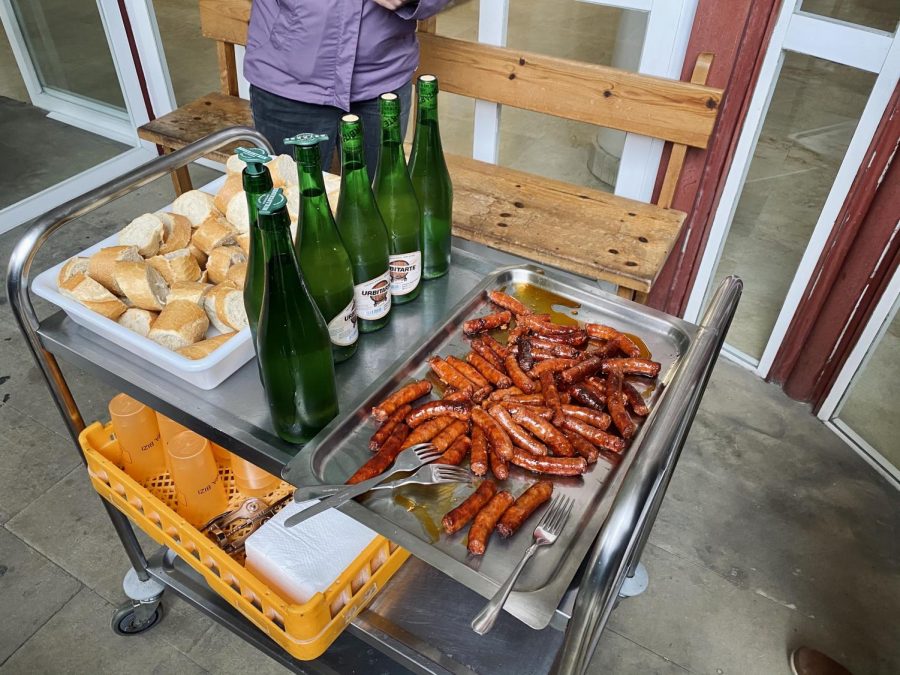
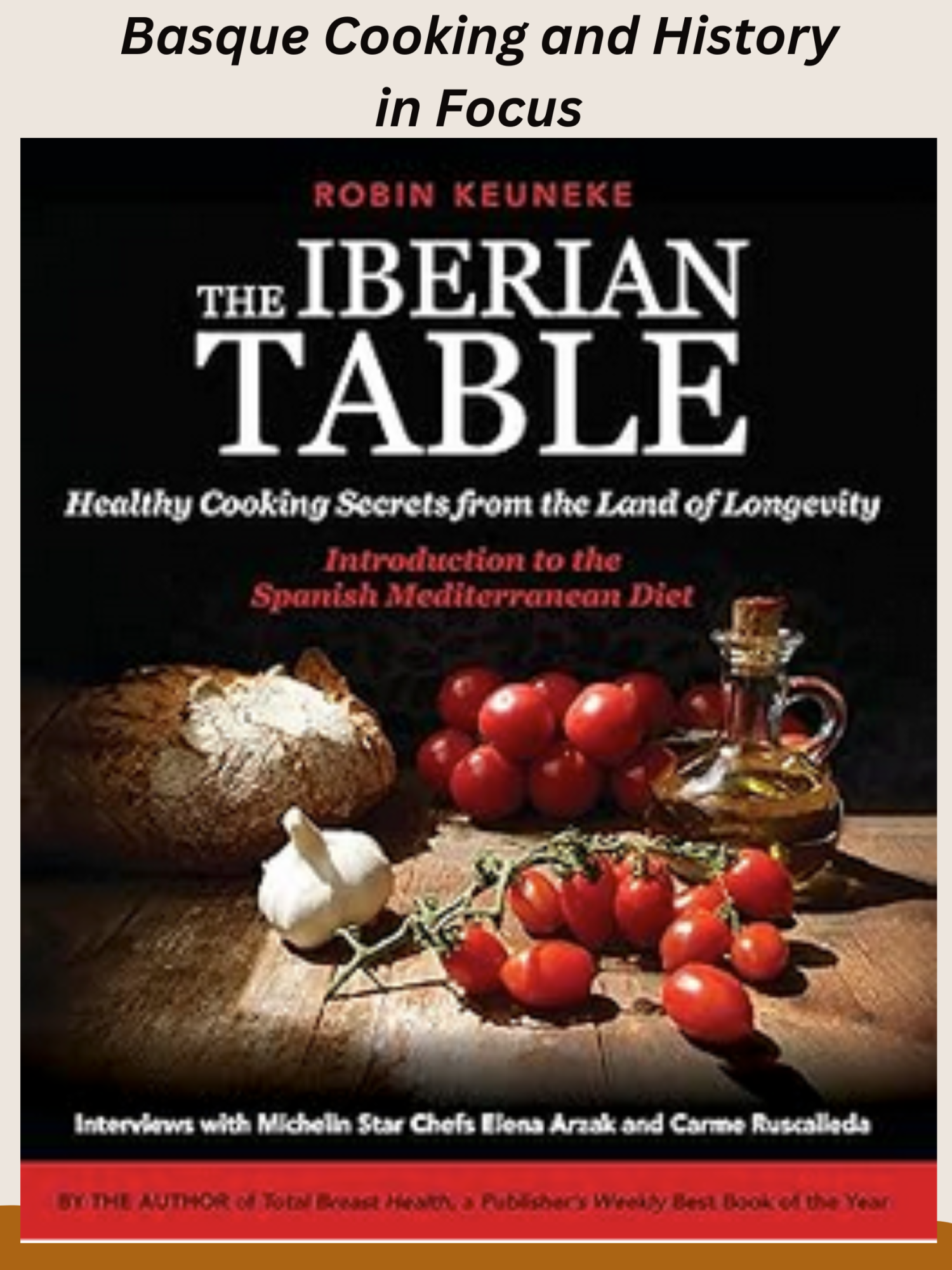
 Donate
Donate
